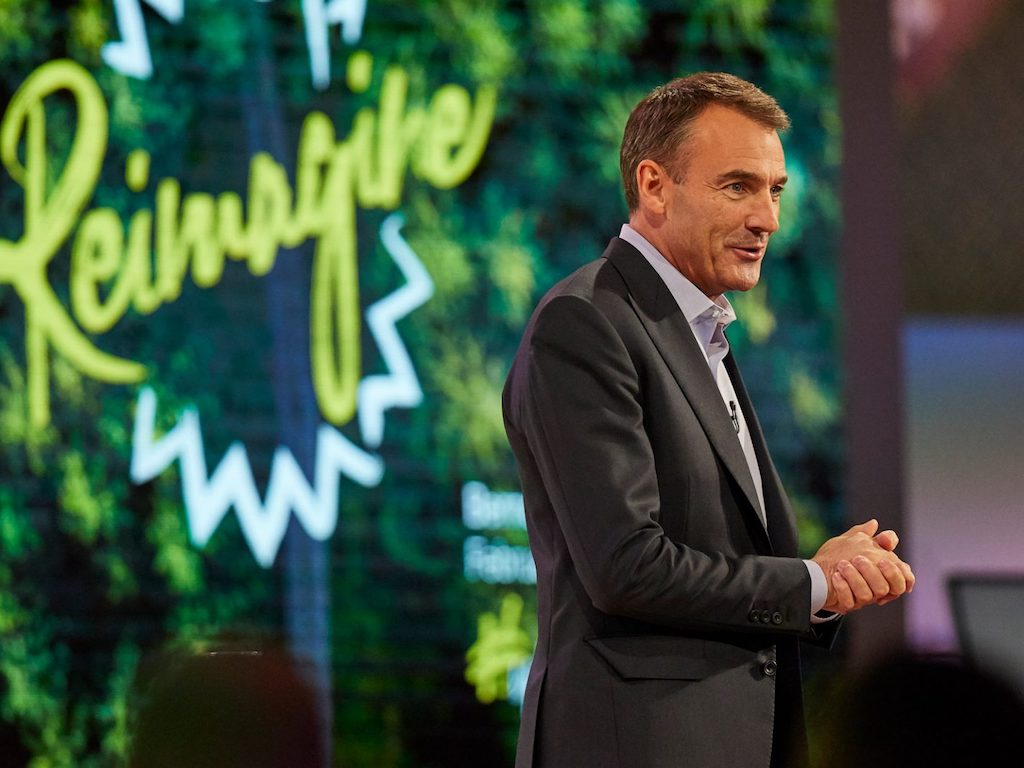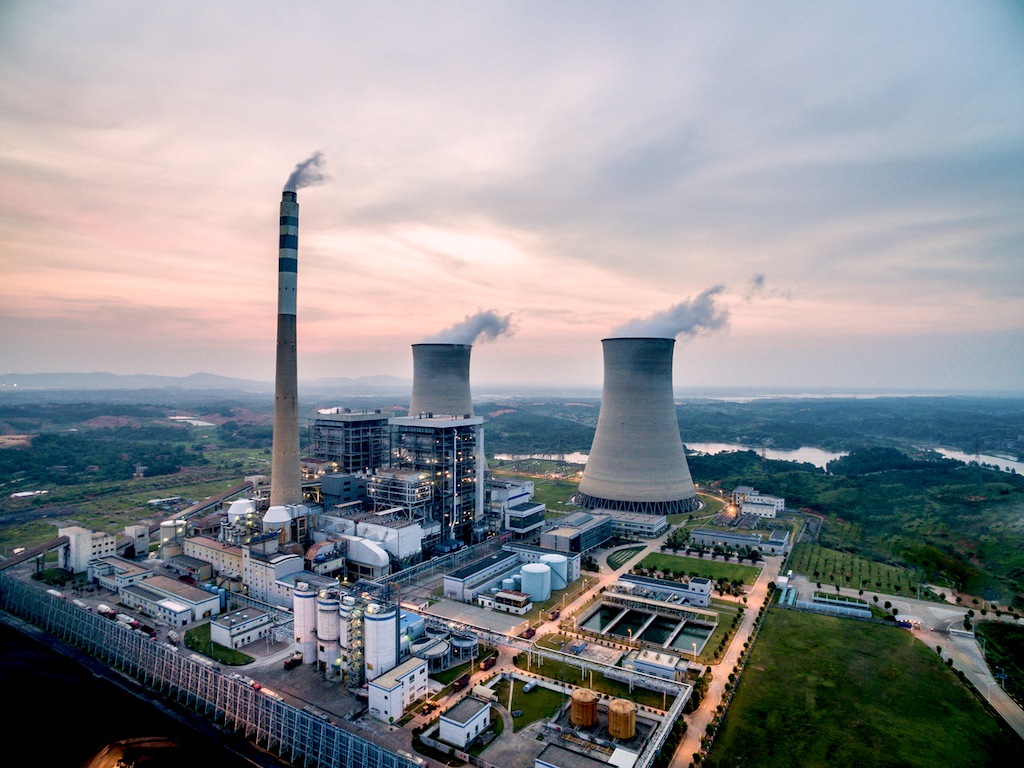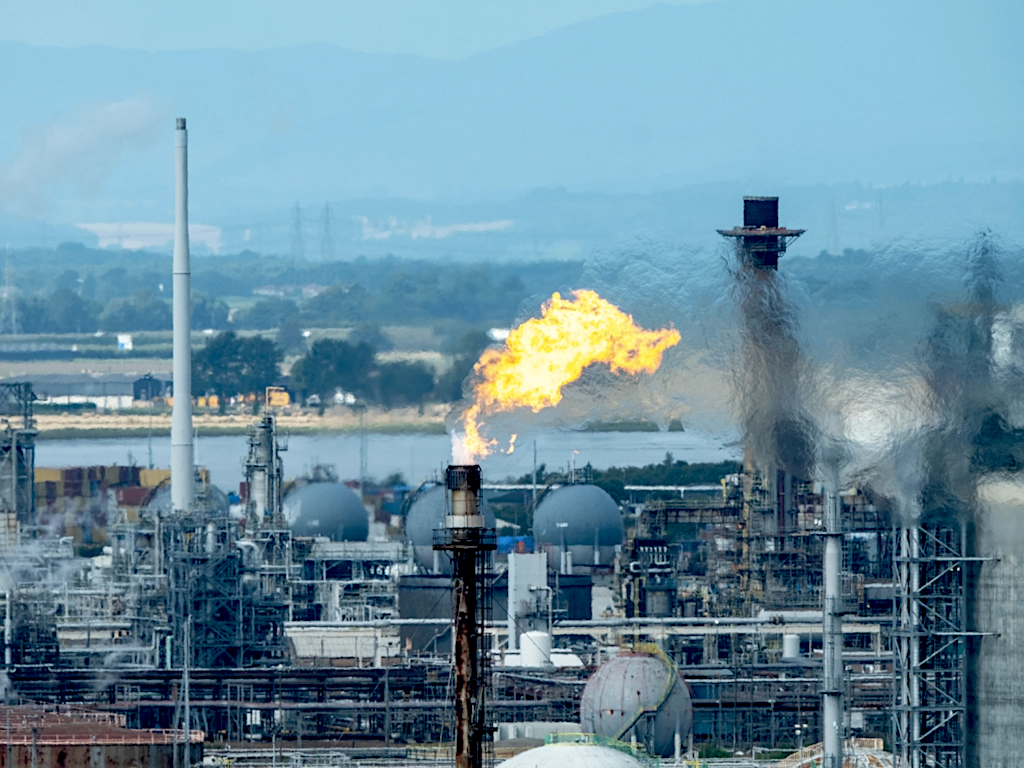4 Mins Read
Oil and gas majors have just committed to a new framework to monitor, report and reduce their methane emissions in a move aimed at tackling “ one of the biggest and most solvable contributors to the climate crisis”. The multi-intergovernmental initiative, the Oil and Gas Methane Partnership (OGMP), will see players such as Shell, Total and Equinor commit to a framework that ensures accurate and transparent reporting of their methane reductions.
Announced on Monday (November 23), 62 companies with assets spanning five continents and representing 30% of global oil and gas production have joined the new “2.0” framework under the OGMP. The robust tracking and disclosure system provides a protocol to help companies systematically manage their methane emissions, and enables measurable climate action that can be demonstrated to industry stakeholders.
First launched in 2014 by the United Nations-backed Climate and Clean Air Coalition (CCAC), the European Commission (EC) and the Environmental Defense Fund (EDF), the OGMP is to date the only multi-stakeholder partnership working on methane emissions reporting. Among some of the players signed onto the agreement include Abu Dhabi’s nationalised energy group Adnoc; the network operator of the Baltic sea pipeline link, the Opal Gas Transport; and some of Europe’s biggest oil majors including Shell, Total, Wintershall, Eni and BP.
Participating dirty energy companies in the OGMP have pledged to deliver a 45% reduction in methane emissions by 2025, and to increase this figure to 75% by 2030.
To win the race to net zero emissions, we need everyone on board. We need ambitious action from the oil and gas industry.
Inger Andersen, Executive Director, UNEP

It’s a marked shift in the greenwashing position for BP, who is at the centre of a recent inquiry that revealed it is funnelling millions of dollars from its venture capital unit that is meant to be dedicated to a low-carbon economy into firms that will fuel dirty energy production and consumption. Similar outrageous moves have been made by Shell, the investigation found.
Reducing methane, the highly potent greenhouse gas with more than 80 times the warming power of carbon dioxide over a 20-year period, is widely agreed to be a crucial measure to yield a near-term slowdown in the rate of global warming and the long-term transition into a net-zero global energy system. According to the global energy watchdog, the International Energy Agency (IEA), slashing the sector’s methane emissions by 90% would save two-tenths of a degree Celsius from the forecasted rise in temperatures by 2050.
“To win the race to net zero emissions, we need everyone on board. We need ambitious action from the oil and gas industry,” said UNEP executive director Inger Andersen. “We recognise the leadership of companies that have joined such an ambitious methane reporting framework [and] look forward to seeing actions that turn commitments into actual emissions reduction.”

OGMP 2.0 offers an internationally recognised blueprint to companies across our industry willing to make improvements in their emission reductions in all phases of the value chain.
Claudio Descalzi, CEO, Eni
By providing a comprehensive measurement-based methane-reporting framework, the OGMP hopes that officials, investors and the public are better able to compare performance across companies and hold firms accountable for their responsibility over climate action. Beyond upstream production, the new framework also applies to midstream transportation and downstream processing and refining – areas across the entire fossil fuel value chain that has so far often been left out of reporting today.
“OGMP 2.0 offers an internationally recognised blueprint to companies across our industry willing to make improvements in their emission reductions in all phases of the value chain,” said Claudio Descalzi, CEO of Italian oil “supermajor” Eni.
There has been a clear ramping up of sustainability commitments in recent weeks, in the face of the ongoing pandemic that has upended the way our world operates. In early November, 200 of the world’s biggest companies, among them Shell, Chevron, Volkswagen and PepsiCo, pledged to reach net-zero emissions no later than 2050.
It came after major firms making up the Global Investors for Sustainable Development Alliance (GISD), including Standard Chartered, UBS and Allianz, agreed to take action on a range of issues to align their business with the SDGs and to accelerate global investment into carbon-friendly and sustainable technologies.
Lead image courtesy of Ian Rutherford / Alamy Stock Photo.




